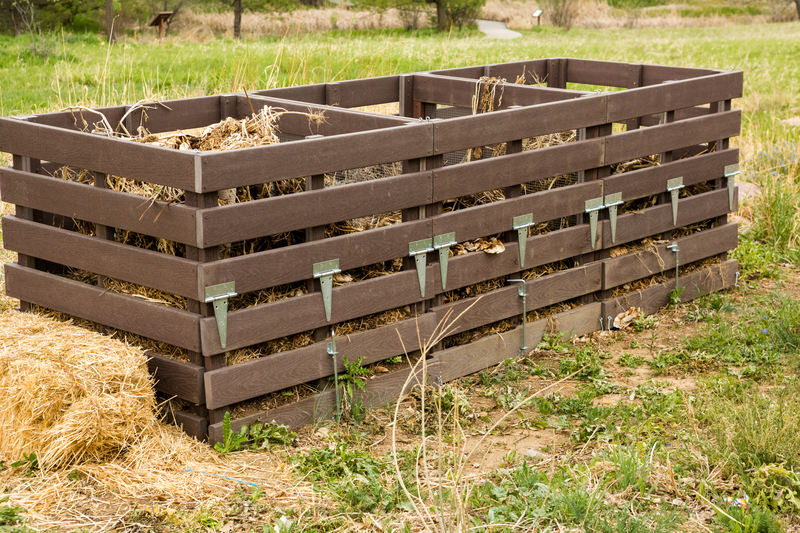Glass Recycling Demystified: What You Should Know
As environmental concerns continue to grow, recycling has become an integral part of sustainable living. Among various recyclables, glass recycling is particularly important due to its endless lifespan and versatility. This article aims to simplify the process and benefits of recycling glass, shedding light on what you should know to make environmentally conscious choices.
Understanding Glass Recycling
Glass recycling involves converting used glass products into new glass items, effectively reducing the need for raw materials and saving energy. The process can be complicated, but understanding the basics is both interesting and essential for effective participation.
The Process of Glass Recycling
- Collection and Transportation: Glass is collected from various sources such as households, businesses, and recycling centers. It's then transported to a recycling facility.
- Sorting: At the facility, glass is sorted by color and type. This is crucial because different colors and types of glass have different chemical compositions.
- Cleansing and Crushing: Once sorted, the glass is cleaned to remove impurities and is then crushed into small pieces known as cullet.
- Melting and Reforming: The cullet is melted in a furnace and reformed into new glass products, ranging from bottles to fiberglass insulation.

Benefits of Glass Recycling
Why is recycling glass so important? The benefits are substantial and multifaceted:
Environmental Benefits
- Energy Conservation: Recycling glass uses about 40% less energy compared to producing new glass from raw materials.
- Reduction of Raw Material Use: Each ton of recycled glass can save over a ton of natural resources, such as silica, sand, and limestone.
- Pollution Reduction: The process creates less air and water pollution compared to glass production from scratch.
Economic Benefits
- Job Creation: The recycling industry has become a significant sector, providing numerous jobs worldwide.
- Cost Efficiency: Recycled glass can be cheaper to produce as it requires lower melting temperatures.
Challenges in Glass Recycling
Despite its benefits, there are several challenges associated with recycling glass:
- Contamination: Foreign materials, such as ceramics and metals, can contaminate the recycling process, reducing the quality of the recycled glass.
- Color Separation: Improper color sorting can affect the quality and versatility of new glass products.
- Transportation Costs: Glass is heavy and bulky, which makes transportation costly and environmentally taxing.
How You Can Contribute
Your role in the glass recycling process is pivotal. Here are some practical tips:
Proper Preparation
- Rinse containers: Before recycling your glass containers, be sure to rinse them out to remove food residues or liquids.
- Remove lids and caps: Metal caps and plastic lids should be removed as they can contaminate the recycling stream.
Correct Disposal
- Use designated bins: Always use the designated recycling bins for glass to ensure it reaches the right processing facility.
- Follow local guidelines: Recycling procedures can vary by region, so make sure to comply with local rules and policies.

The Future of Glass Recycling
The future of glass recycling is promising, with advancements in technology and increased public awareness. Innovations such as more efficient sorting technologies and better recycling infrastructure are expected to improve the rate and quality of glass recycling.
The emphasis on sustainable materials and closed-loop recycling will continue to grow, pushing glass recycling to new heights. As individuals and communities become more engaged, the environmental impact will only become more positive.
Conclusion
Understanding glass recycling involves recognizing its importance, process, and impact. By participating in the recycling process and advocating for better recycling methods, you contribute to a more sustainable planet. It is time we appreciate the power of our actions and take steps to ensure a cleaner, greener future.